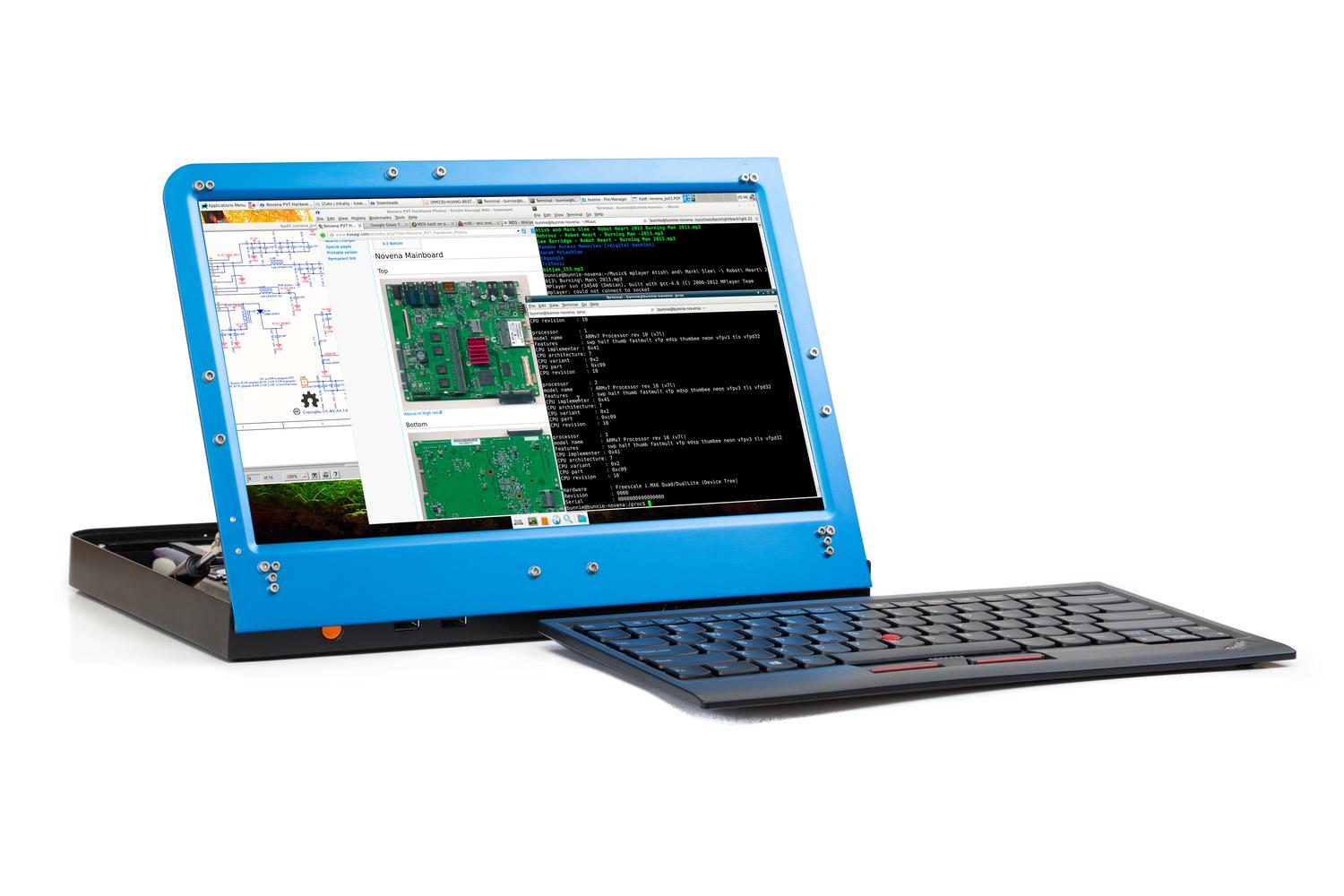Phoronix: AMD Posts QDMA Linux Driver For Review
A new AMD open-source driver posted for code review that's aiming for the upstream Linux kernel is the QDMA driver...
A new AMD open-source driver posted for code review that's aiming for the upstream Linux kernel is the QDMA driver...



Comment